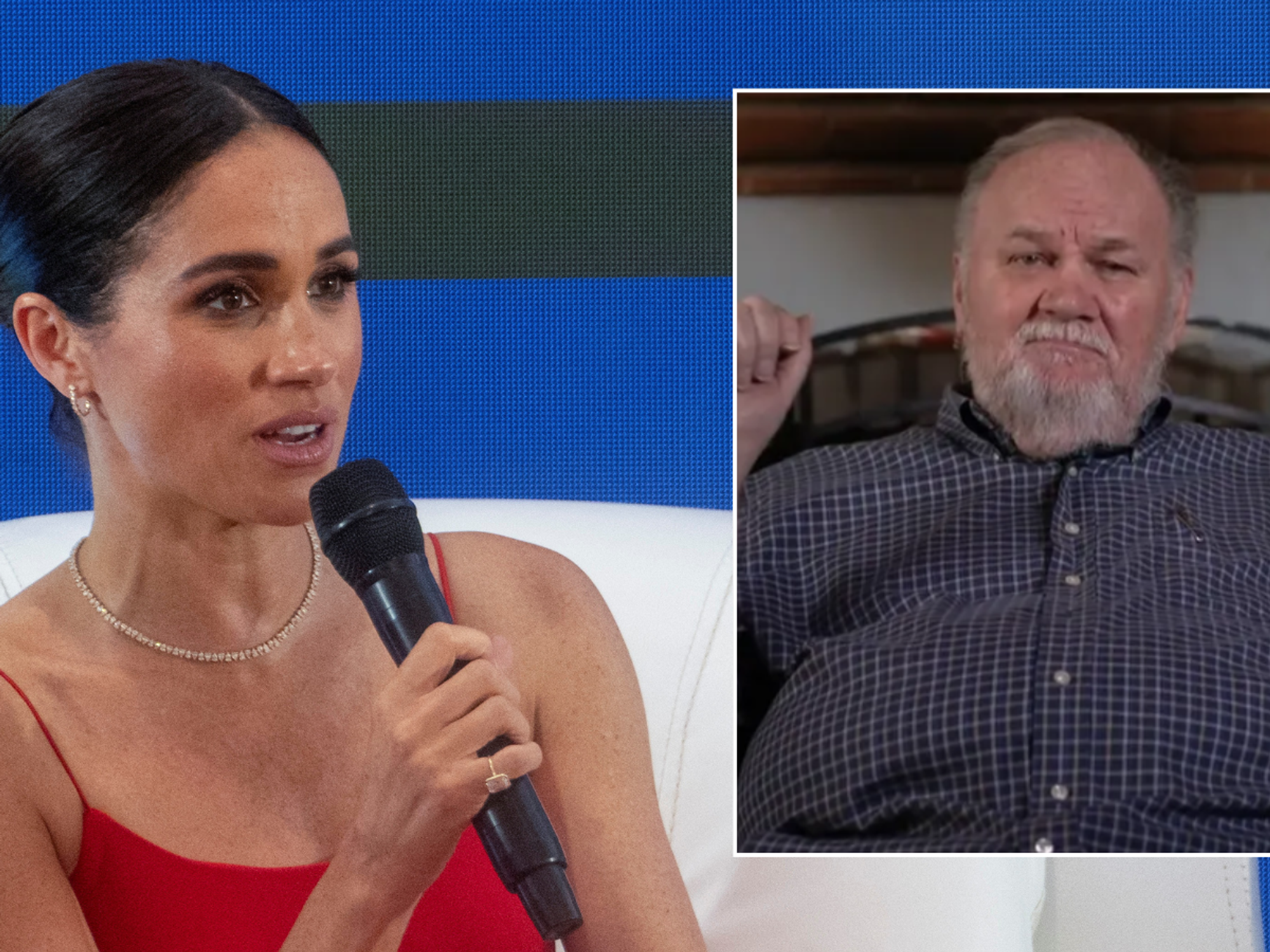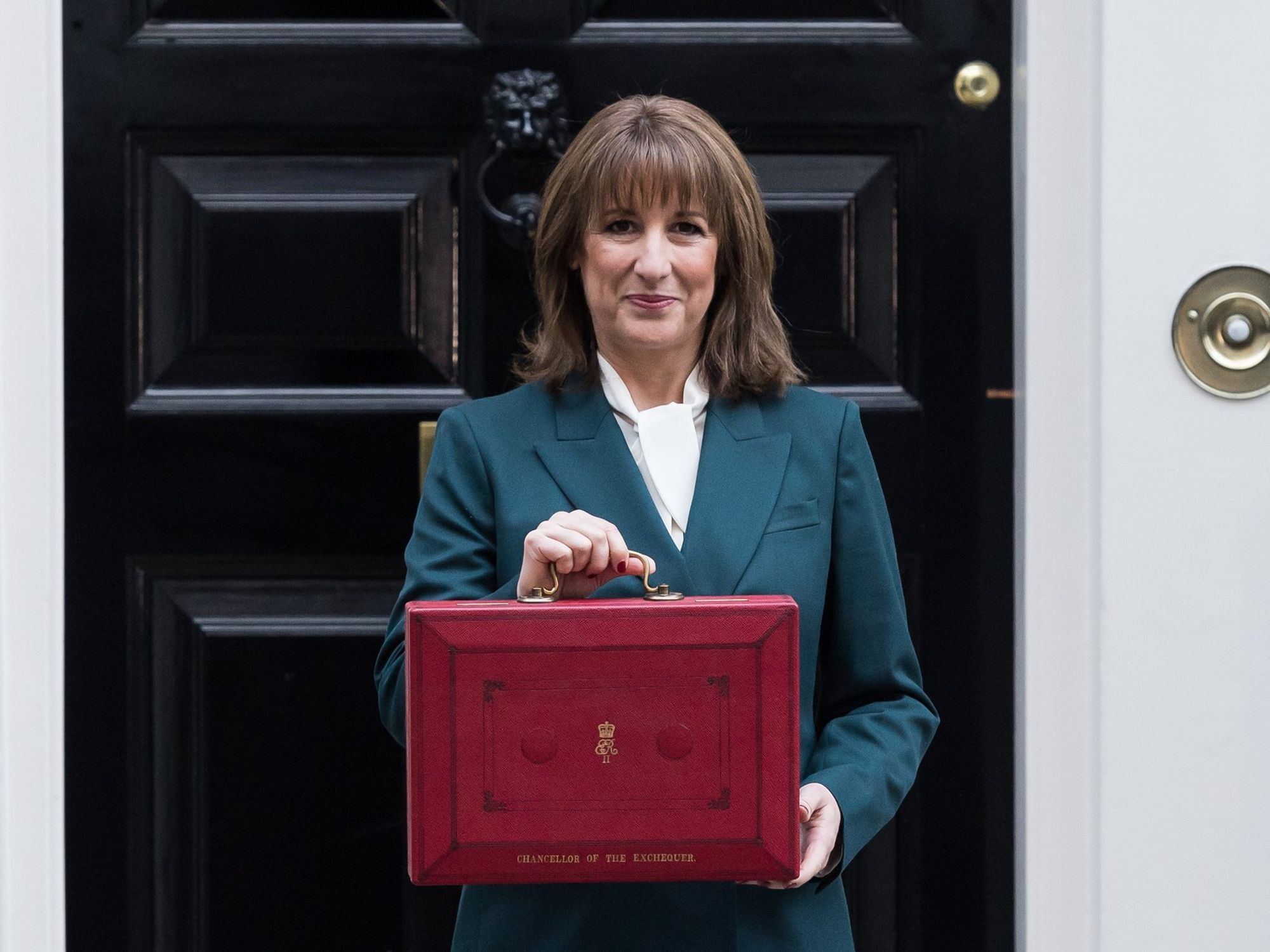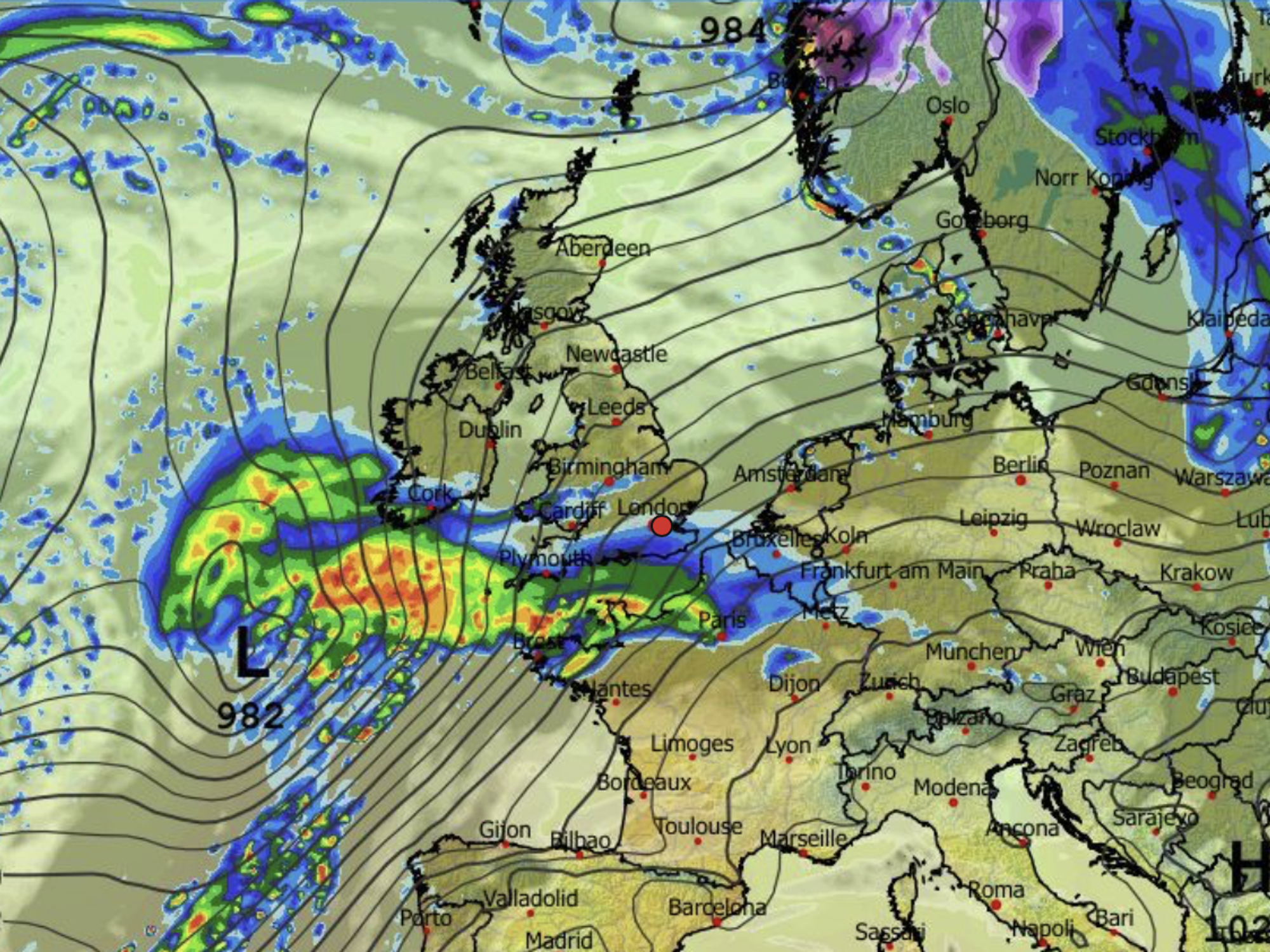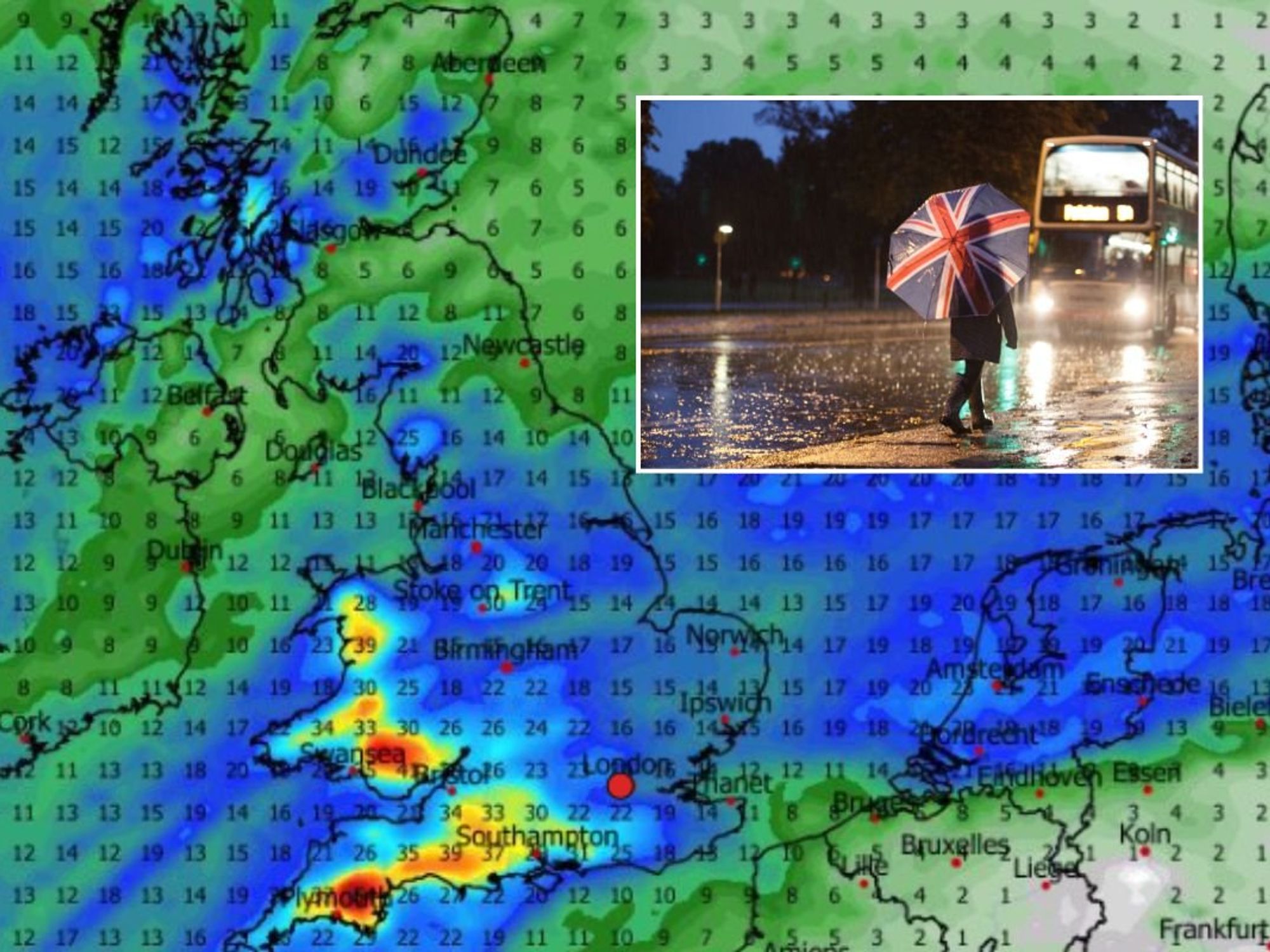Inheritance tax rate cut ‘would be an odd move’ as HMRC set for record-breaking year
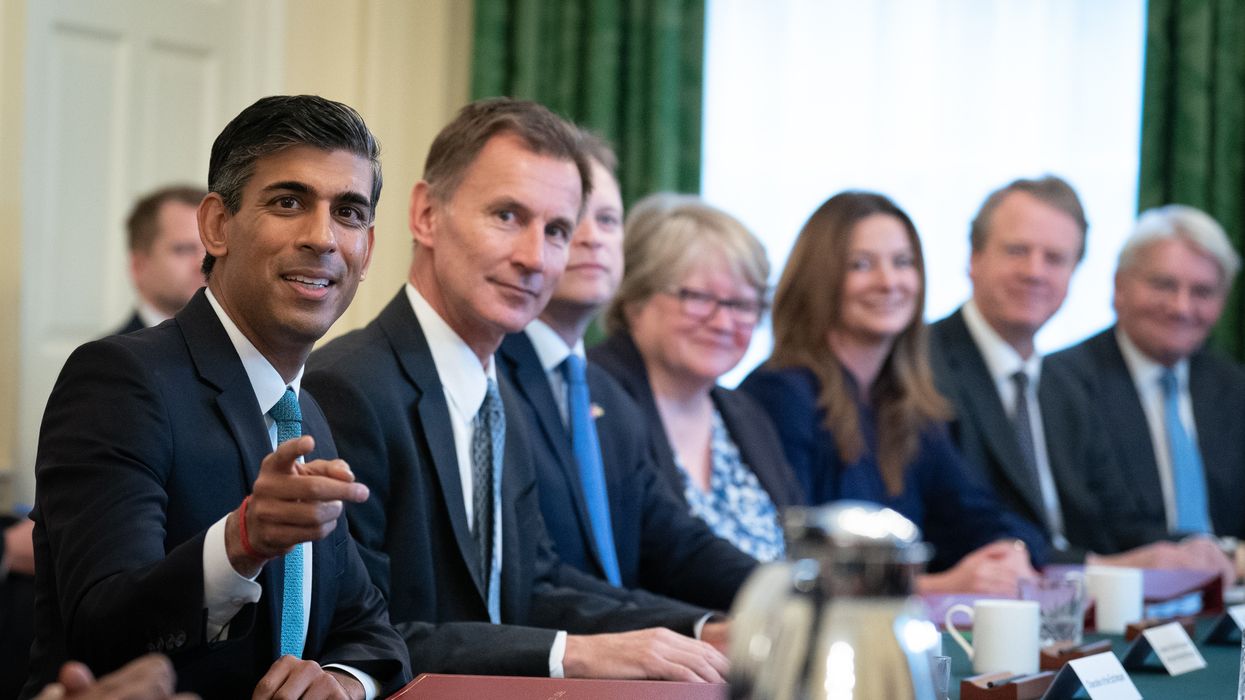
Prime Minister Rishi Sunak and Chancellor Jeremy Hunt could be set to reduce inheritance tax

The Government is reportedly considering plans to cut the inheritance tax rate as soon as next March to try to win voters’ support ahead of the general election, and vowing to abolish the levy altogether in their manifesto
Don't Miss
Most Read
Latest
Reducing the inheritance tax (IHT) rate and pledging to scrap it altogether would be an “odd move from an economic perspective”, a tax expert has suggested.
It comes amid reports Prime Minister Rishi Sunak and Chancellor Jeremy Hunt are considering slashing the 40 per cent levy in the next Budget, then potentially committing to abolish the tax in their general election manifesto.
Inheritance tax receipts have been rising recently, with HMRC data showing they stood at £7.1billion from April 2022 to March 2023 - an increase of £1billion on the previous year.
The Office of Budget Responsibility forecasts that inheritance tax will raise £7.2billion for the Treasury this year.
WATCH NOW: What inheritance tax rate cut could mean for you
Stevie Heafford, tax partner at HW Fisher, told GB News: “Given that HMRC is on track for a record-breaking year for inheritance tax receipts, it would be an odd move from an economic perspective.”
However, Ms Heafford said the levy is an “extremely unpopular tax”, warning the middle class are often the most affected.
She said: “Unlike upper class families who can afford to make more generous lifetime gifts without it impacting their day-to-day lives, working families need to hold onto their assets for longer, increasing the risk of their loved ones paying Inheritance Tax if they leave gifting too late.”
Figures show for the tax year 2020 to 2021, just 3.73 per cent of UK deaths led to an inheritance tax charge.
However, amid rising house prices and the freeze to the inheritance tax threshold until 2028, more people are finding themselves caught in the inheritance tax trap.
Zoe Till, partner and chartered financial planner at law firm Nelsons, said the latest government data showing 41,000 people were liable to pay the tax in 2022/23 shows that “although inheritance tax only impacts a small percentage of estates, the tax generated by the government is around nine per cent of the total tax receipts”.
Speaking to GB News, she added: “Most estates in the UK are not liable to inheritance tax because of their value, and even gifts made in the seven years prior to death is usually less than the nil rate band. There are also some reliefs and exemptions that can reduce the value of the estate.
“The exemptions have been frozen since 2009 and were due to remain frozen until at least April 2028, which increases the prospect of more people paying inheritance tax in the future. Many individuals who were once considered ‘middle class’ are now finding themselves liable for inheritance tax, driven by rising property prices and frozen tax thresholds."
While less than four per cent of UK estates pay inheritance tax, the levy is often referred to as the UK’s “most-hated tax”.
Research into inheritance tax by financial planning expert abrdn found seven in ten (71 per cent) of over 40s think inheritance tax should be abolished.
LATEST DEVELOPMENTS:
Shona Lowe, financial planning expert at abrdn said: “Inheritance tax is no longer the ‘wealth tax’ it once was.
"Thanks to years of soaring property prices across the country, alongside the ‘nil-rate’ band freeze, which has been in place since 2009 and will remain until at least 2028, more people are caught in the inheritance tax net, and the total amount paid is increasing year-on-year.
“The amount of inheritance tax that’s required to be paid depends on the value of your estate.
"And your estate is everything you own, including your home, savings, investments, and any belongings and possessions. Importantly, it does not include most pensions."
The Prime Minister did not directly address speculation he was considering changes to inheritance tax on Monday, only saying that “the most important tax cut I can deliver for the British people is to halve inflation”.
However, cabinet minister Grant Shapps described the tax as “punitive” and “deeply unfair".





